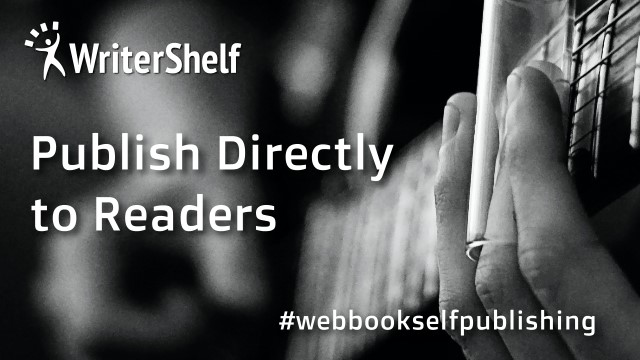The Impact of Zero Tolerance Policies in Schools
289
0
·
2020/11/10
·
3 mins read
☕
WriterShelf™ is a unique multiple pen name blogging and forum platform. Protect relationships and your privacy. Take your writing in new directions. ** Join WriterShelf**
WriterShelf™ is an open writing platform. The views, information and opinions in this article are those of the author.
Article info
Tags:
Date:
Published: 2020/11/10 - Updated: 2020/11/12
Total: 732 words
Like
or Dislike
More to explore









There is no denying that schools must ensure the maintenance of a safe and healthy learning environment. However, in recent years, excessive debates have arisen regarding the zero-tolerance policies implemented in schools.
Parents and caregivers have raised concerns regarding the application of these zero-tolerance policies to attain a peaceful culture in the premises. In response to these queries, several educational psychologists have conducted studies collectively as well as individually about whether such policies are even effective.
What are Zero tolerance policies?
Before we go any further, it is essential to understand what zero-tolerance policies really are and what role they play in an academic environment. In essence, zero-tolerance policies are the rules and regulations that are consistent, specific, and extremely rigid when it comes to the consequences.
For instance, if a student is caught violating those rules, no matter what the circumstances or causes may be, they have to face either suspension or expulsion. However, certain schools might exhibit some leniency in light of the student’s past behaviour, academic performance, or reason for the forfeit.
This culture of zero-tolerance policies began in the early 1990s as a response to massive school shootings and terrorist attacks. In 1994, governments also implemented the Gun-Free Schools Act to ensure the security of the students as well as the staff members.
If you’re a sociology student, you must be aware that this was the time when the Broken Window theory was introduced. Now, don’t contact UK essay writing service to understand the prominent key-points of the Broken Window Theory as we have explained it for you below.
Broken Window Theory
Broken window theory is basically is based on the criminological background that essentially provokes the thought that anti-social behaviour, criminal acts, violence, and civil disobedience are observed in societies that embody such characteristics. Hence, in light of zero-tolerance policies, this theory essentially suggests that if violent objects are prohibited from schools, the outcome would reduce or end with it.
It can be suggested that this law intended to protect innocent lives. However, with time, the same law has earned quite a controversial reputation and there are several reasons behind it. To begin with, some people find this law to be senseless as its application gets severe even in case of a nail clipper.
Thus, a student gets rusticated from school if they are found carrying a nail clipper with them. In such situations, the rules need to be toned down as there can be immense disagreement concerning what could and could not be a weapon.
In addition to this, this law has never really shown evident results. As a matter of fact, in 2008, the American Psychological Association (APA) disclosed that zero-tolerance policies had not demonstrated any positive progress in the improvement of school climate nor the safety of its students.
It comes as no surprise that some schools have even started to capitalise from such offences. Hence, what they do is charge its students on minor defaults. Due to this reason, many families even reconsider sending their child back to school, which basically destroys the purpose.
Do you wonder what action can be taken to benefit from these severe policies? Instead of implementing strict and rigid rules directly, try and keep classes where you educate students about the things that genuinely matter.
You can’t teach a student to be a good human being with the help of punishments. On the contrary, you must use positive reinforcements and educative workshops to create awareness. Enlighten them about their privileges, responsibility, and rights. Educate them about sexism, racism, and classism.
On the practical front, utilise restorative justice programs and community services on first-time offenders. You don’t want to exclude them from society and put a stamp of evil on them. They’re juvenile and deserving of another chance.
Every school has its own list of rules and regulations. Therefore, ensure that you educate yourself as well as your child about them. Understand the depths of them and if you find any confusion, make sure that you clarify them from the administrative department. This is the only way you can protect not only your child but also others.
Hence, it can be established that rules and regulations are essential to run a system. However, when it comes to the implementation of zero-tolerance policies on impressionable and young minds, it must be revoked as it impacts their emotional and psychological wellbeing.